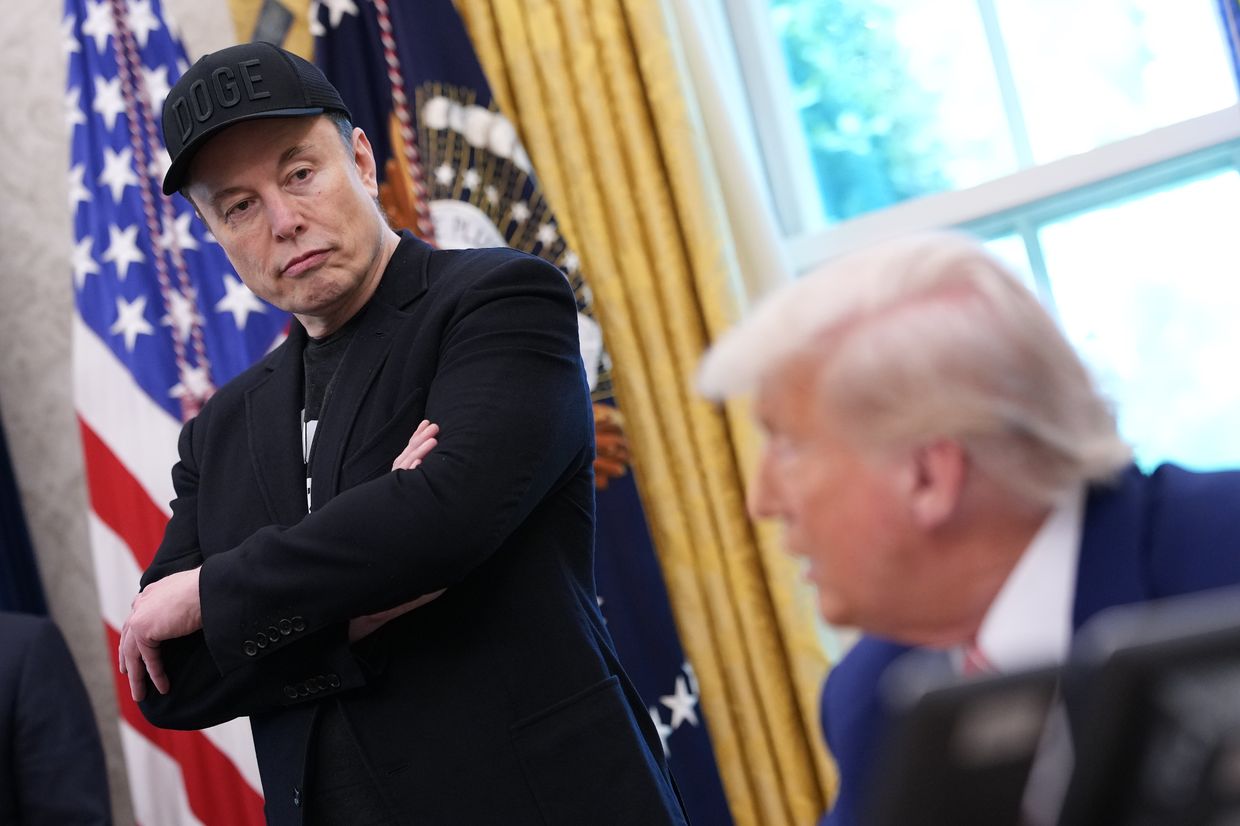Youth-led solutions support healthier tech use and peer wellness
, /PRNewswire/ -- As young people navigate the complexities of the digital age, a new wave of solutions is emerging, designed by youth for youth. Today, the California Department of Health Care Services (DHCS) and the Child Mind Institute, with support from the Children and Youth Behavioral Health Initiative (CYBHI), proudly announced the winners of the first Single-Session Intervention (SSI) Challenge. This groundbreaking competition invited California high school, undergraduate, and graduate students to design brief, scalable digital interventions aimed at fostering healthier and more intentional technology use.
The SSI Challenge is part of a broader California effort to engage youth in co-developing mental health tools that reflect their lived experiences and meet the evolving needs of their peers. All interventions were developed using the Child Mind Institute's software MindLogger, supported in part by CYBHI. The submissions, which showcased remarkable creativity, empathy, and insight, ranged from mindfulness and cognitive restructuring tools to interactive guides for media literacy and fostering genuine social connection.
"At the Child Mind Institute, we believe young people should be part of the solution when it comes to supporting their mental health," said Dr. Harold S. Koplewicz, founding president and medical director of the Child Mind Institute. "These interventions show that when we give youth the tools and the trust, they can create meaningful, scalable solutions that meet their peers where they are — online."
"California's CYBHI is committed to keeping youth at the center to better meet them when and where they need it most," said Dr. Sohil Sud, director of the CYBHI. "When we listen to young people and equip them to lead, we create more relevant and impactful behavioral health supports."
The winning projects tackle a diverse array of topics vital for today's youth, including emotional regulation, self-esteem, values-based decision-making, media literacy, and digital boundaries. The common thread? Each was designed with a profound understanding of the digital world from the perspective of those most immersed in it.
High School Winners
Stephanie Leung, Mission San Jose High School, Fremont, California — "Rethink Agency: Reclaiming and Redefining Tech Use"
A reflective three-step intervention that guides teens in rethinking the impact of tech on their well-being, reclaiming personal agency, and setting healthy boundaries.
Zenia Rehan, Castilleja School, Palo Alto, California — "Scroll Control"
Helps participants examine their social media habits and create personalized specific, measurable, achievable, relevant, and time-bound (SMART) goals, incorporating peer testimonials and data collection to improve agency.
Riyana Melvani, Monte Vista High School, [Danville, California] — "Mindfulness in the Digital World"
Guides participants through three self-paced activities to reflect on the content they consume, their digital self-presentation, and the impact of technology on their mental well-being, fostering a more intentional relationship with social media.
Undergraduate Winners
Selena Cuevas and Andrew Alvarez, University of California, Berkeley — "Overcoming Triggers From Social Media Using A.C.C.E.P.T.S."
A Dialectical Behavior Therapy (DBT)-informed intervention that provides youth with tools to regulate emotional distress from social media through grounding, reframing, and resilience-building techniques.
Diana Vega, University of California, Irvine — "Cognitive Restructuring"
Teaches users how to recognize and reframe negative self-thoughts, particularly those triggered by comparison online, using relatable storytelling.
Sarah Arcelo, University of California, Berkeley — "Mind Over Media"
Uses mindfulness to help teens reflect on emotional triggers for screen use and develop healthier, more intentional tech habits.
Graduate Winners
Iris Khan, California State University, San Bernardino — "Overcoming Social Barriers: Rethinking Tech Use"
Focuses on building psychological capital to help youth set social goals and leverage technology to form more meaningful relationships.
Madhuri Sharma, Elizabeth Garcia, and Srinidhi Vusirikala, Santa Clara University — "Beyond the Filter"
A media literacy and GenAI intervention helping teens, especially girls, build confidence in navigating digital spaces and understand how AI alters body image online.
Ellie Xu, University of Southern California — "Valued Living With Healthier Technology Use"
Based in Acceptance and Commitment Therapy, this intervention helps youth define their values and align their digital habits with those values through committed action.
What Comes Next?
These pioneering interventions will undergo further validation and refinement. The goal is to make these youth-developed tools accessible to young people across California.
Learn more about the SSI Challenge.
Media Availability
Interviews with representatives from the Child Mind Institute, CYBHI, and select student winners can be arranged. Visual assets, including logos and screenshots of the MindLogger platform, are available upon request.
About the Child Mind Institute
The Child Mind Institute is dedicated to transforming the lives of children and families struggling with mental health and learning disorders by giving them the help they need. We've become the leading independent nonprofit in children's mental health by providing gold-standard evidence-based care, delivering educational resources to millions of families each year, training educators in underserved communities, and developing tomorrow's breakthrough treatments.
About the Children and Youth Behavioral Health Initiative (CYBHI)
The CYBHI, led by the California Health and Human Services Agency and DHCS, is reimagining and transforming the way California supports children, youth, and families. CYBHI is investing in a coordinated ecosystem of services that prioritize prevention, early intervention, and youth-driven design. By centering the needs of young people and uniting the efforts of the agencies and organizations that serve them, the CYBHI seeks to ensure kids and families can find support for their emotional, mental, and behavioral health needs, when, where, and in the way they need it most.
Visit Child Mind Institute on social media: Instagram, Facebook, Twitter, LinkedIn
For press questions, contact our press team at [email protected].
SOURCE Child Mind Institute

WANT YOUR COMPANY'S NEWS FEATURED ON PRNEWSWIRE.COM?
![]()
440k+
Newsrooms &
Influencers
![]()
9k+
Digital Media
Outlets
![]()
270k+
Journalists
Opted In
.png)
 German (DE)
German (DE)  English (US)
English (US)  Spanish (ES)
Spanish (ES)  French (FR)
French (FR)  Hindi (IN)
Hindi (IN)  Italian (IT)
Italian (IT)  Russian (RU)
Russian (RU)  1 week ago
9
1 week ago
9








Comments